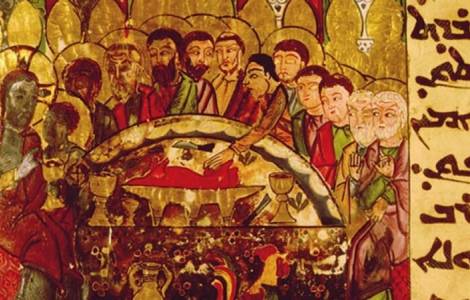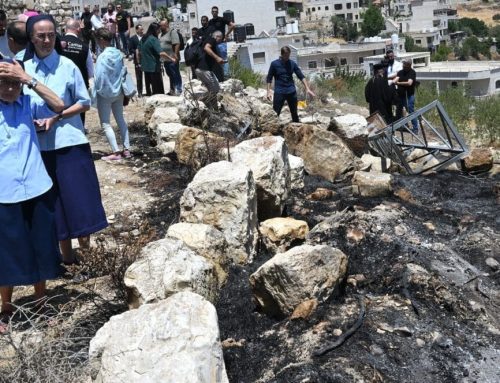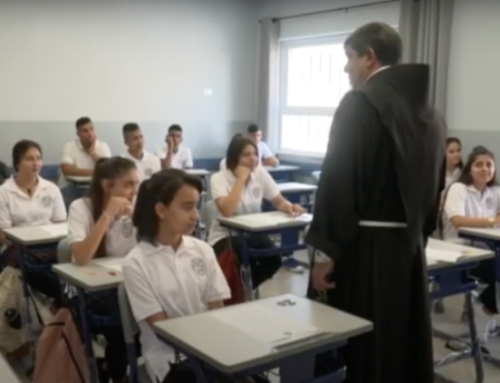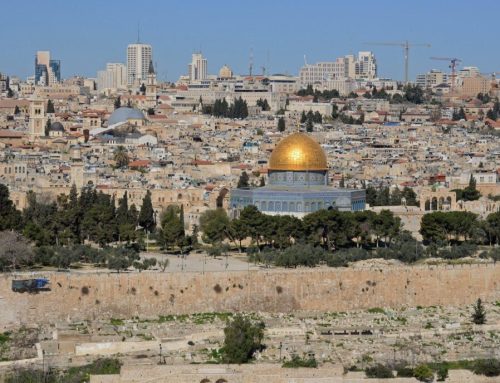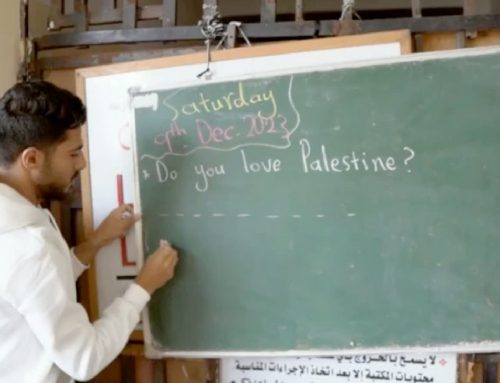Baghdad – The use of the Arabic language in the liturgies of the Chaldean Church is not a betrayal of Tradition, and responds to the missionary vocation of announcing the salvation of Christ to the men and women of the present time. The Chaldean Patriarchate emphasizes this in view of the criticism voiced in circles of the Chaldean diaspora of the update of the liturgy initiated by Patriarch Louis Raphael Sako and the Chaldean bishops, which also led to the publication of an Arabic translation of the Missal.
In a statement distributed by the media, the Chaldean Patriarchate points out that the constant adaptation of the liturgy to the needs of the time has always marked the path of the Catholic Church, and has also been authoritatively re-proposed by the teachings of the Second Vatican Council. But some “Super Chaldeans”, says the Patriarchate’s statement, “may not yet be aware that the world has changed, that many Chaldeans themselves know neither Syriac nor Chaldean” and that many non-Christians (including a growing number of Muslims) show an interest in the liturgies of the Chaldean Church “and have the right to understand what they hear”.
The ecclesiastical authority – continues the Chaldean Patriarchate – “knows how to distinguish between the original essential dates of the Chaldean liturgy and the artificial elements that have been added in the course of history”. The criterion is always to convey the richness of the liturgical heritage to people in a language they can understand. “Sometimes those who oppose an actualization of liturgical forms are not really familiar with the origin of the rites, the theology they express and the rich treasure they represent for the sanctification and salvation of souls”. Patriarch Sako had already explained in the recent past the reasons that led him and the Chaldean bishops to initiate the process of updating the liturgy (see Fides, 15/10/2021). The liturgy – the Iraqi cardinal underlined in his speech – is not “a show”, but is “the strongest expression of the Church’s living faith”, the work of Christ himself who “calls everyone to insert ourselves into his Paschal Mystery”.
Precisely the intimate nature of the liturgical practice – the Patriarch had emphasized – suggests the elementary criteria for an authentic renewal of liturgical practices. An “update” that can only be achieved by remaining within the framework of Tradition, which must never be “nostalgia for the past”, but “carries forward” the Church on its journey through history. As the great theologian Jean Corbon, a passionate connoisseur of Eastern Christianity and the Arab Churches, observed, in every authentic liturgical renewal in the spirit of Tradition, “the mystery of the source is found and repeated: it is always the same, but the living water that flows from it is always new”.
Agenzia Fides

